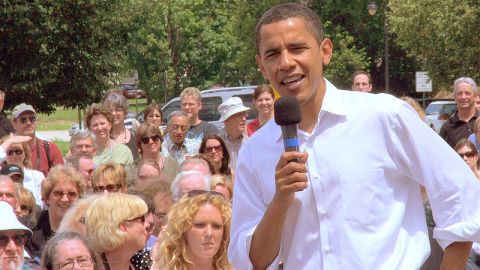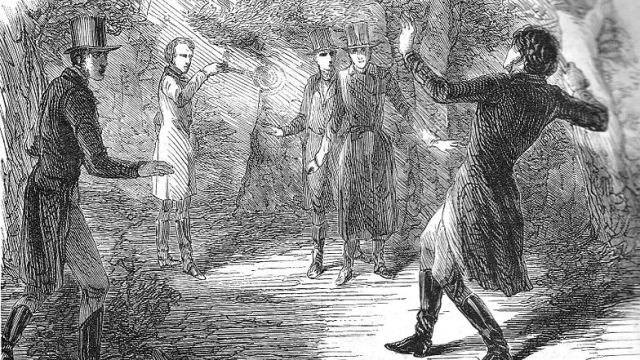The Myth of a Post-Racial Society

There’s no question that we’ve come along way in the way we perceive race. So far, in fact, that we elected a black man to the highest office in the country last November—something that would have been unthinkable just thirty years earlier. Perhaps nothing captures the distance we’ve come better than the indelible image of Jesse Jackson—himself once a candidate for the Presidency—shedding a tear during Barack Obama’s acceptance speech.
But it is too early to talk of having achieved a post-racial society—if such a thing is even possible. Consider the vast disparities still remaining—to take just one example—between the conditions of blacks and whites in America. According the Bureau of Labor Statistics, the median black worker earns just over $600/week, about 80% of what the median white worker makes. Black men are incarcerated at 6.6 times the rate of white men, with almost one in twenty black men in prison. And as this interactive graph shows, unemployment rates are nearly twice as high for blacks as for whites in essentially every demographic category. Almost half of all young black men without a high school education are out of work nationally.
Nor is it true that we as a nation have suddenly become colorblind. While his race didn’t stop Barack Obama from getting elected, it certainly was a factor in the presidential campaign. In some key areas the vote split dramatically along racial lines—as Daniel Schorr points out, Obama won 78 percent of the black vote in South Carolina, but only 24 percent of the white vote. The pervasive rumors that Obama had been born in Kenya and was a Muslim would never gained much traction if the white mainstream didn’t perceive him as somehow “other.” Conversely, while it’s hard to believe being black was on balance an advantage for Obama, his race—and the fact that he would be the first black to win the presidency—was undoubtedly part of his appeal. As Shelby Steele argues, by invoking the ideal of a post-racial society—by calling on us to judge him by the content of his character rather than the color of skin—Obama was able to tap into “the longing on the part of whites to escape the stigma of racism.”
Rather than showing that we have finally gotten beyond race, Obama’s election makes it clear that we are still grappling with its role in our society. Indeed, it’s precisely because race is still an issue that his election was such an important historic milestone. So we shouldn’t take it as license to turn a blind eye to the racial issues in our society. In their fascinating new book, Nurtureshock, Po Bronson and Ashley Merryman argue that our reluctance to talk about race only allows the prejudices our kids naturally develop to go unchallenged. Likewise, as adults we shouldn’t ignore the very real disparities that remain in the way we see and treat different races. We shouldn’t use Obama, as Larry Wilmore joked on The Daily Show, as “that convenient black friend every white person has to prove they’re not racist.” While we might like to believe that racial distinctions no longer really matter, pretending we don’t see them won’t make them go away.





